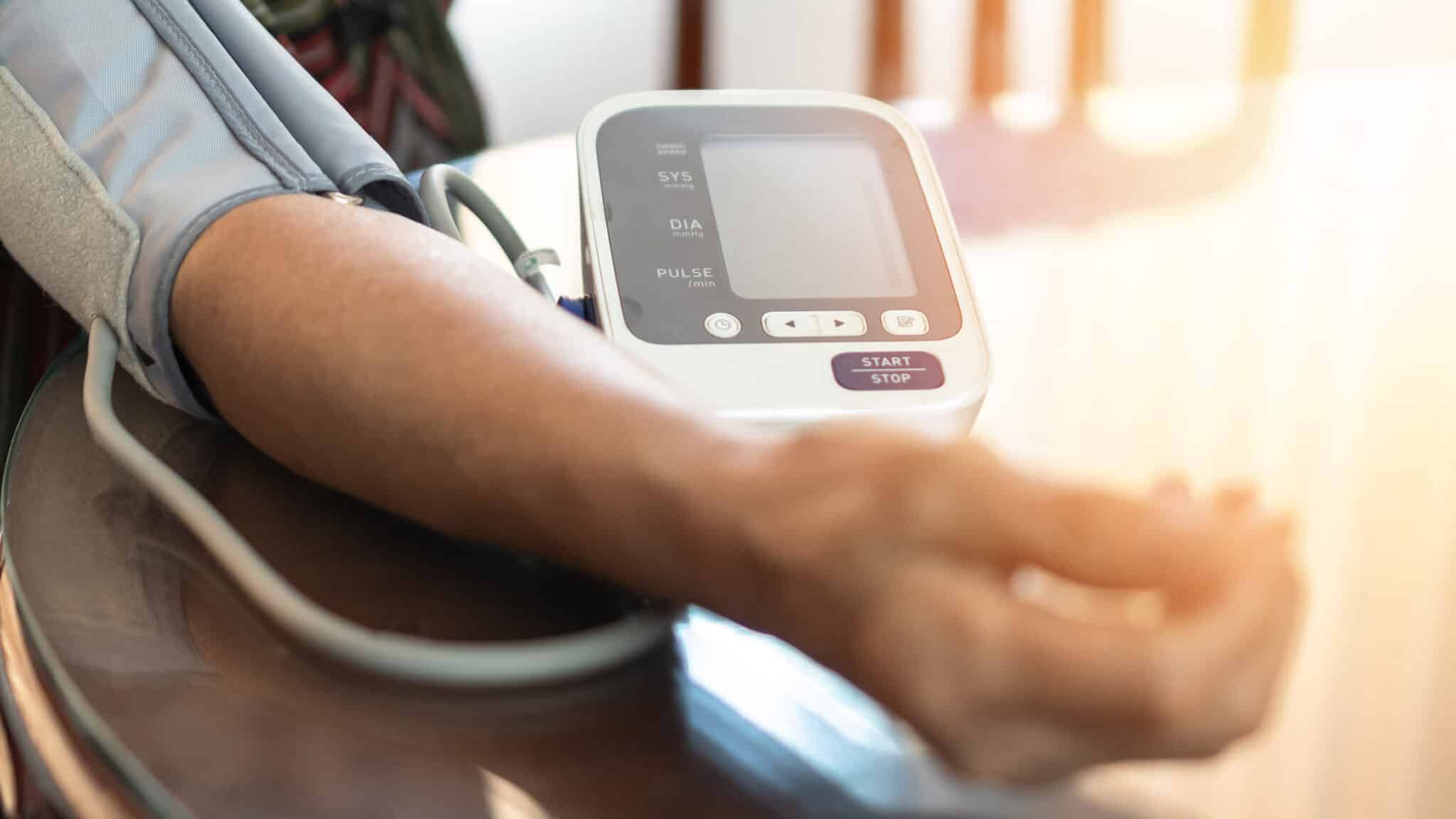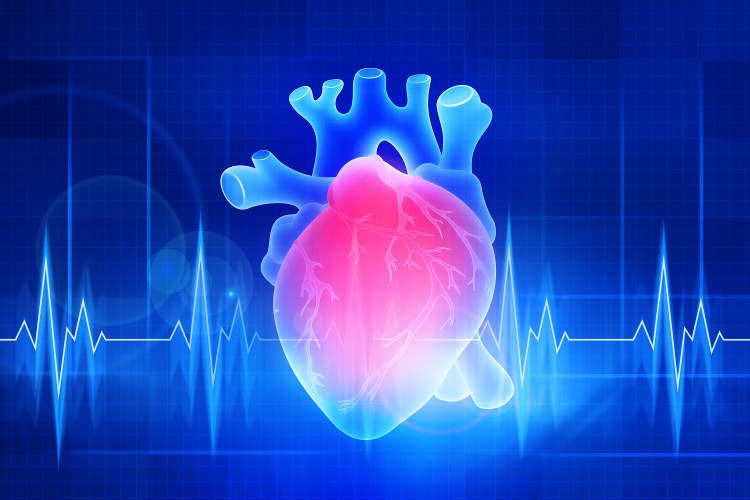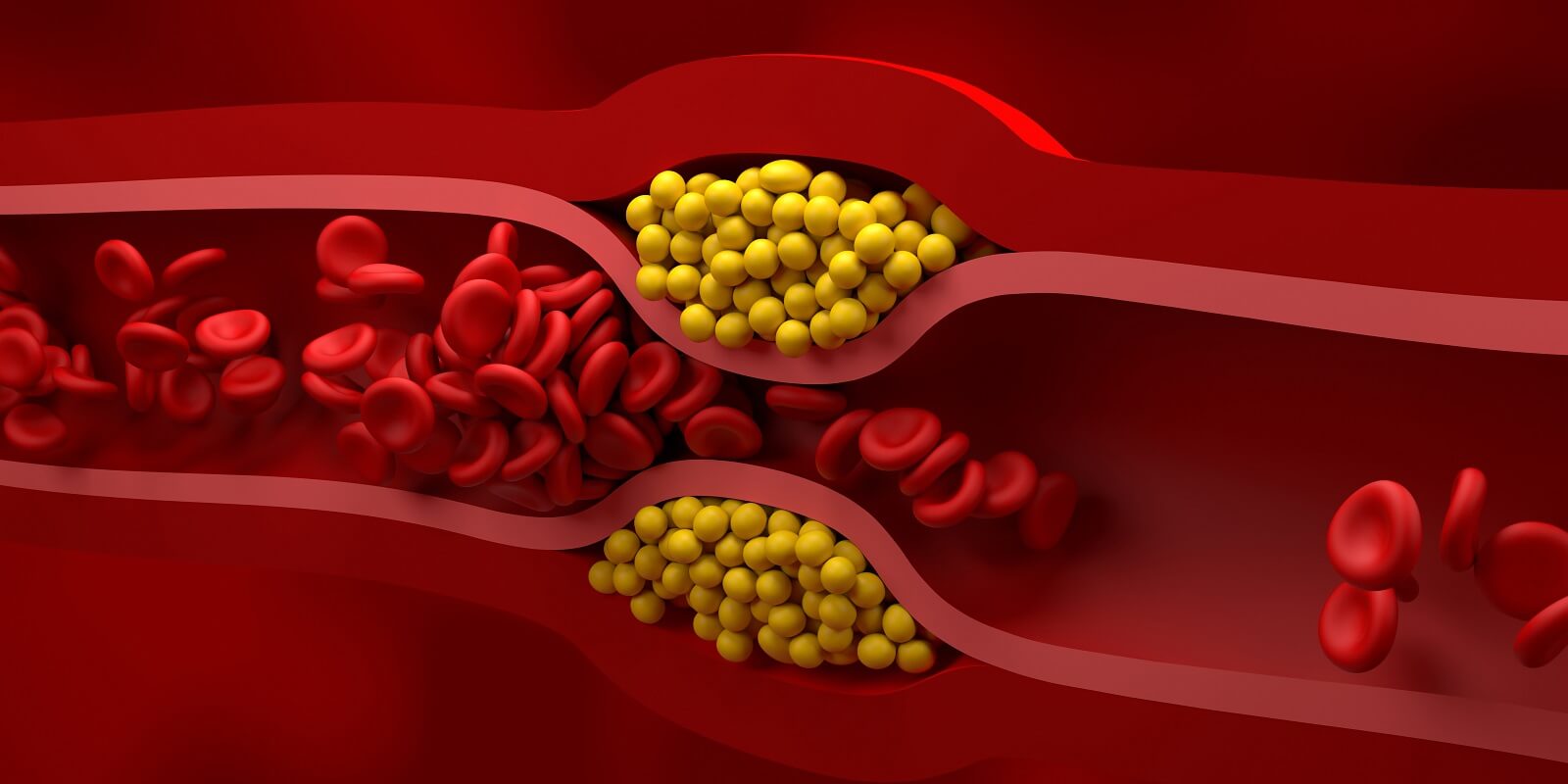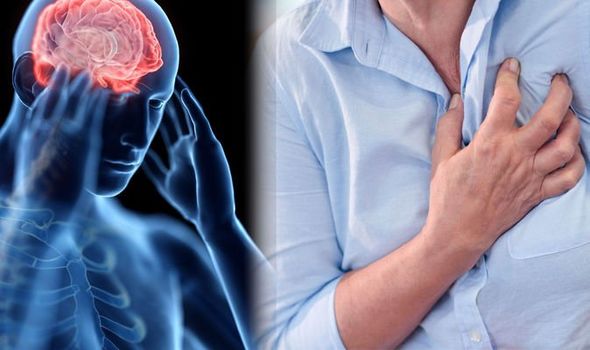05 Dec The Silent Connection: Unraveling the Link Between Stress, Sleep Deprivation, and Heart Disease – Insights from Suraksha Heart Clinic
Introduction: In the fast-paced world we live in, stress has become an unwelcome companion for many, and the importance of quality rest often takes a back seat. Suraksha Heart Clinic aims to shed light on the profound impact that a stress-laden life and inadequate sleep...










